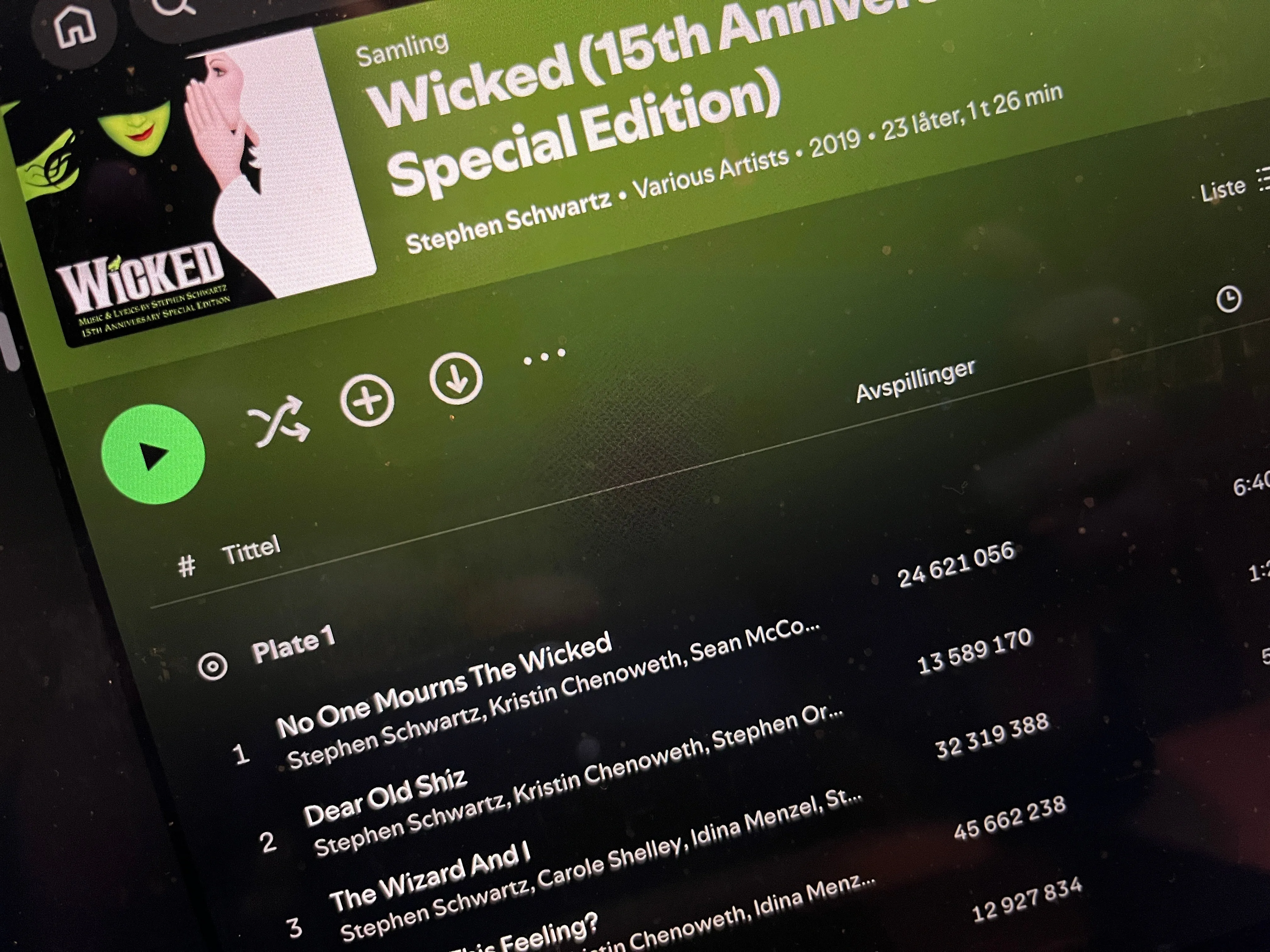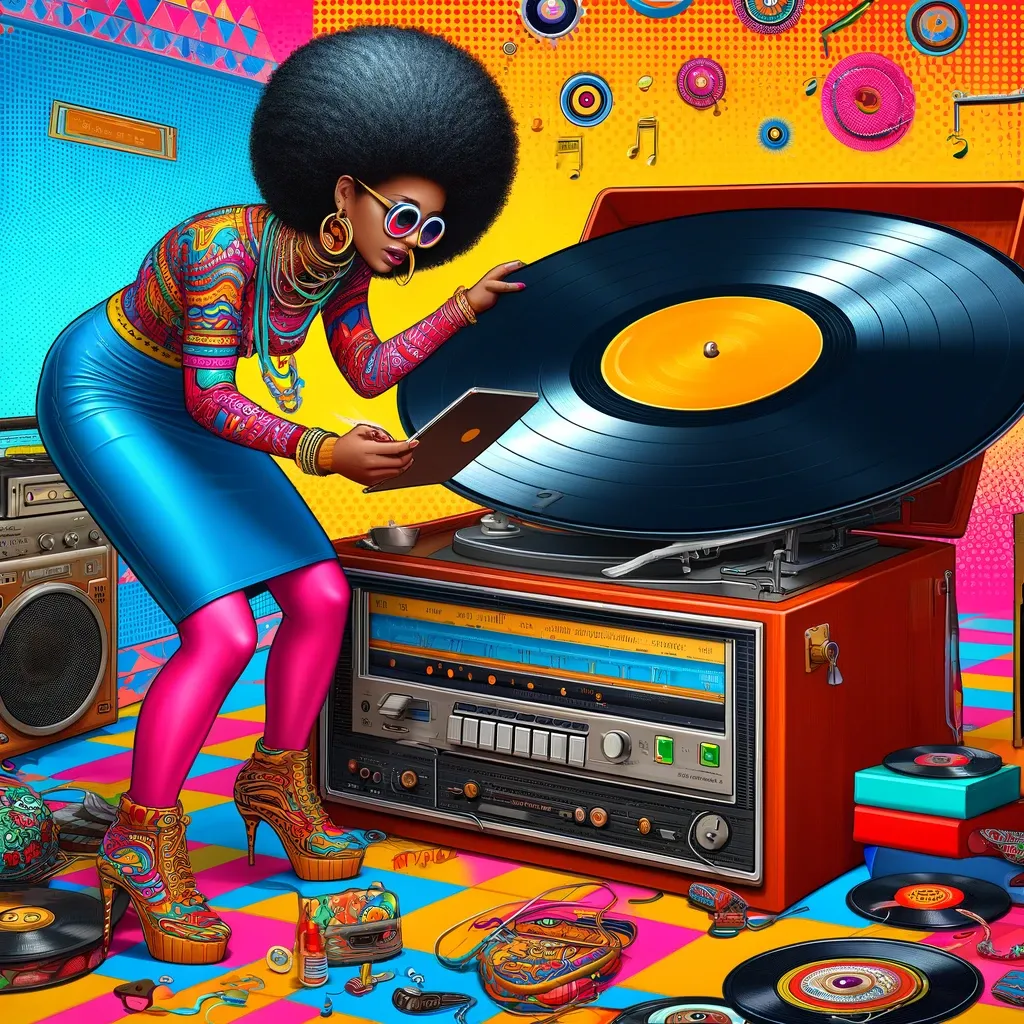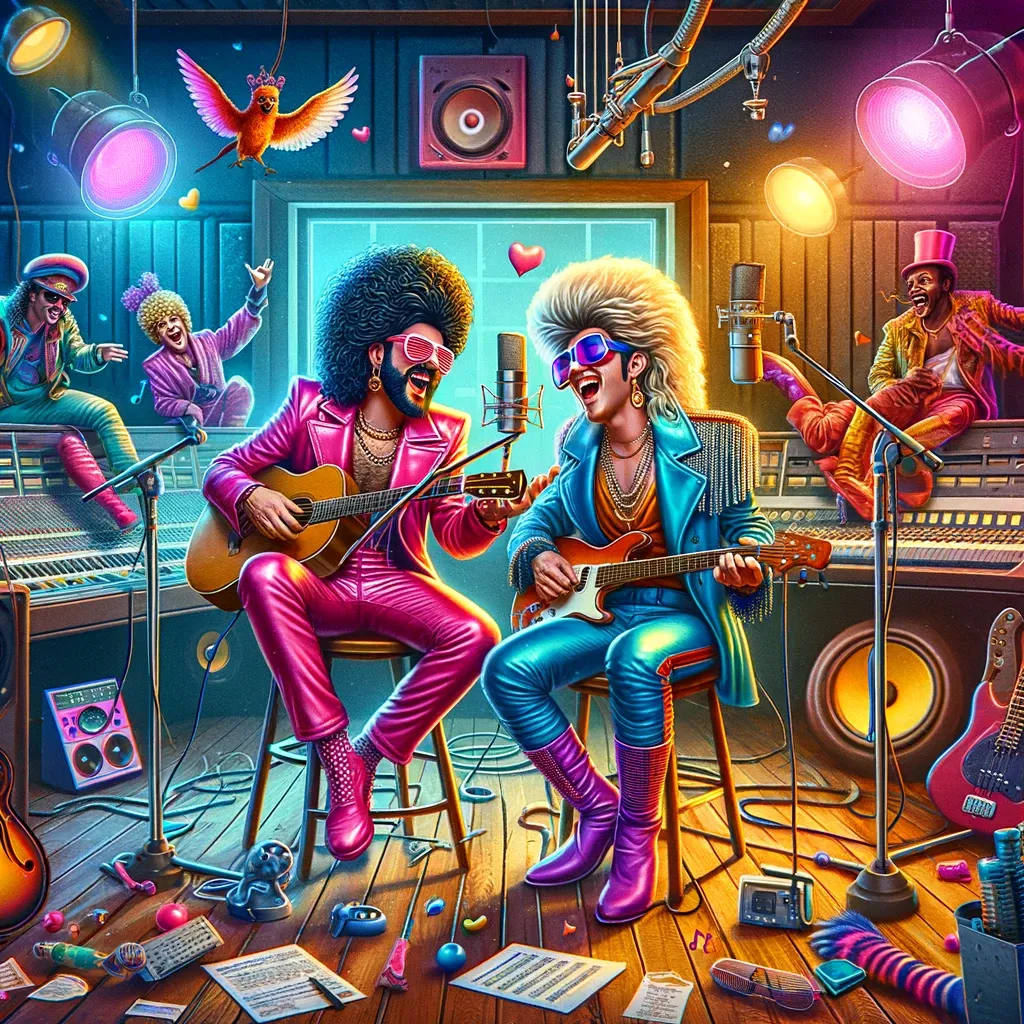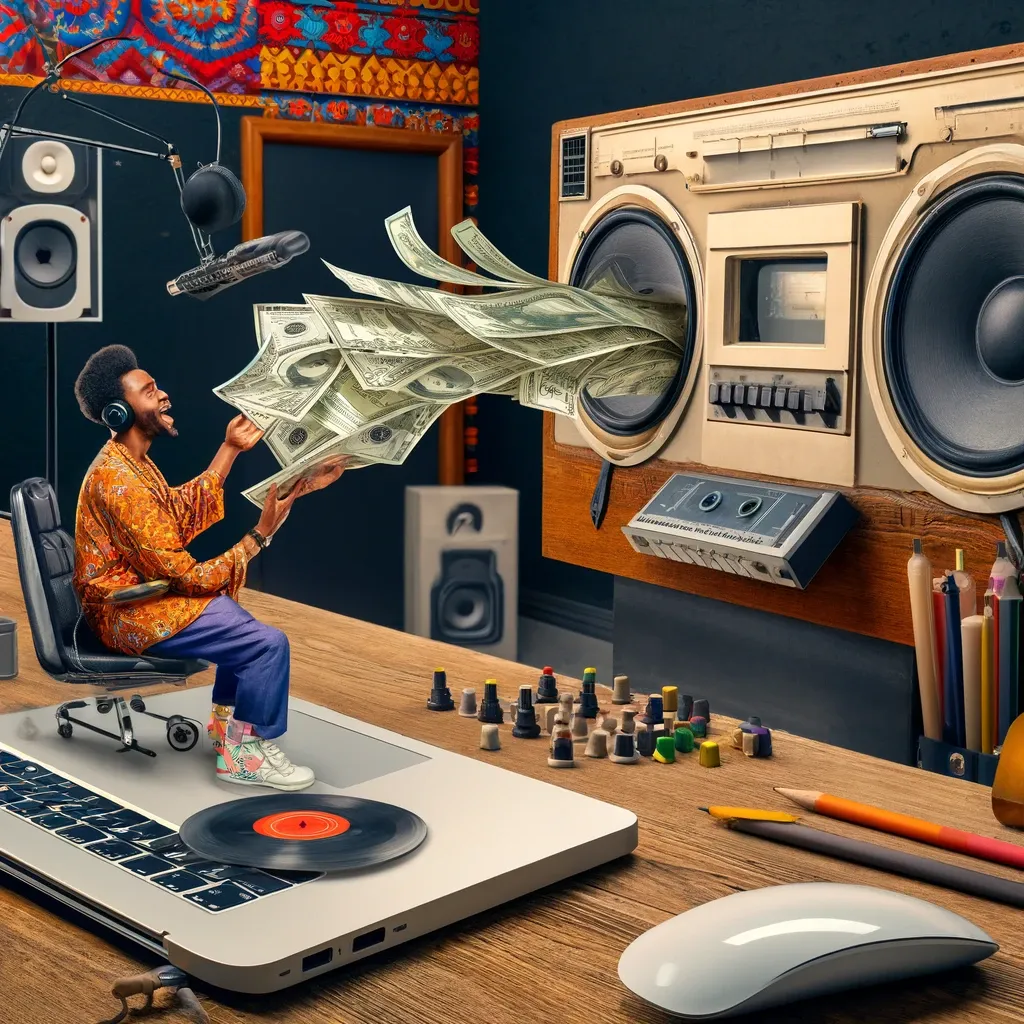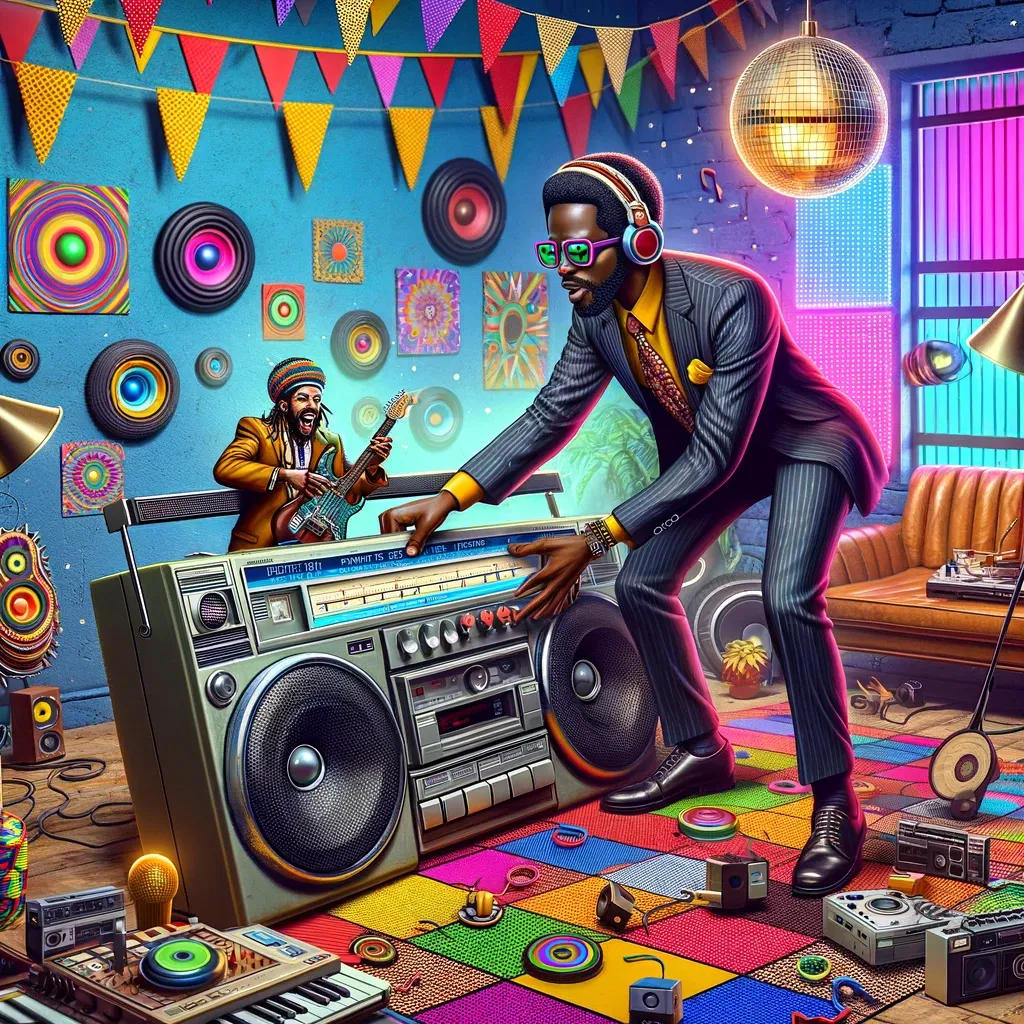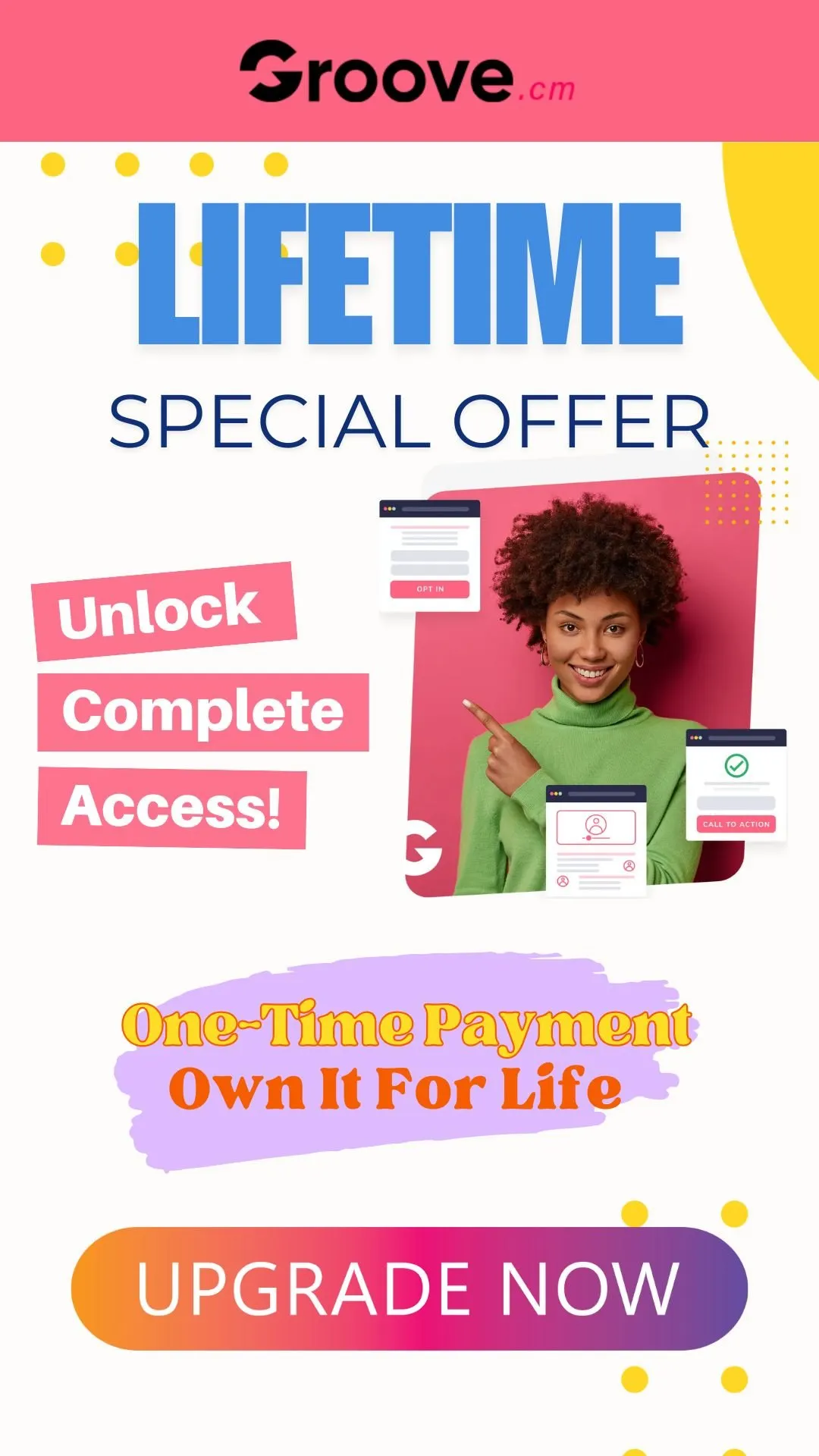How Can You Get Signed to a Record Label In 2024?
How To Get A Record Deal?
Your Music is Your Golden Ticket, the first essential to capture a record label's attention. That's your golden ticket, your masterpiece. Every note and lyric needs to shine. But there's more to the story than just creating chart-topping tunes...

How Record Labels Choose Which Artists to Sign
How do record labels determine which artist gets the deal? That's a fair question. Here's the thing: Record labels are businesses. They're in the game to turn a profit. To achieve that, they need artists with more than just talent; they need artists with an engaging fanbase. But why is a fanbase so crucial? An artist with a thriving fanbase can guarantee sales, streams, and concert tickets.
The Importance of a Fanbase
Take it from me. I've been there. I've seen talented artists overlooked because they lacked a strong fanbase. Less talented artists get signed because of their massive, engaged following. It's a harsh reality of the music industry, but it's how the world works. In the digital age, this translates to having a solid online presence. That's where our fans are, right? And that's why I created the guide - The 3 Secrets To Attract 1007+ Real Fans, Without a Record Deal.

I've designed this PDF to help artists like you build a fanbase that record labels can't ignore. This insider guide will equip you with the knowledge and tools to attract and nurture your fanbase in the digital landscape. Plus, you'll be the first to get insights crucial to your music career. Just pop in your name and email address in the box below, and I'll send it to you.
Unleash Your Star Power
Remember that time when someone first recognized your talent? It was a transformative moment, right? Now, imagine the world acknowledging your talent and uniqueness. That's a game-changer. You'll not just be another artist in the crowd; you'll stand out, and you'll shine. That's what it means to become a star.
Why Email is the Ultimate Tool for Engaging Your Fanbase
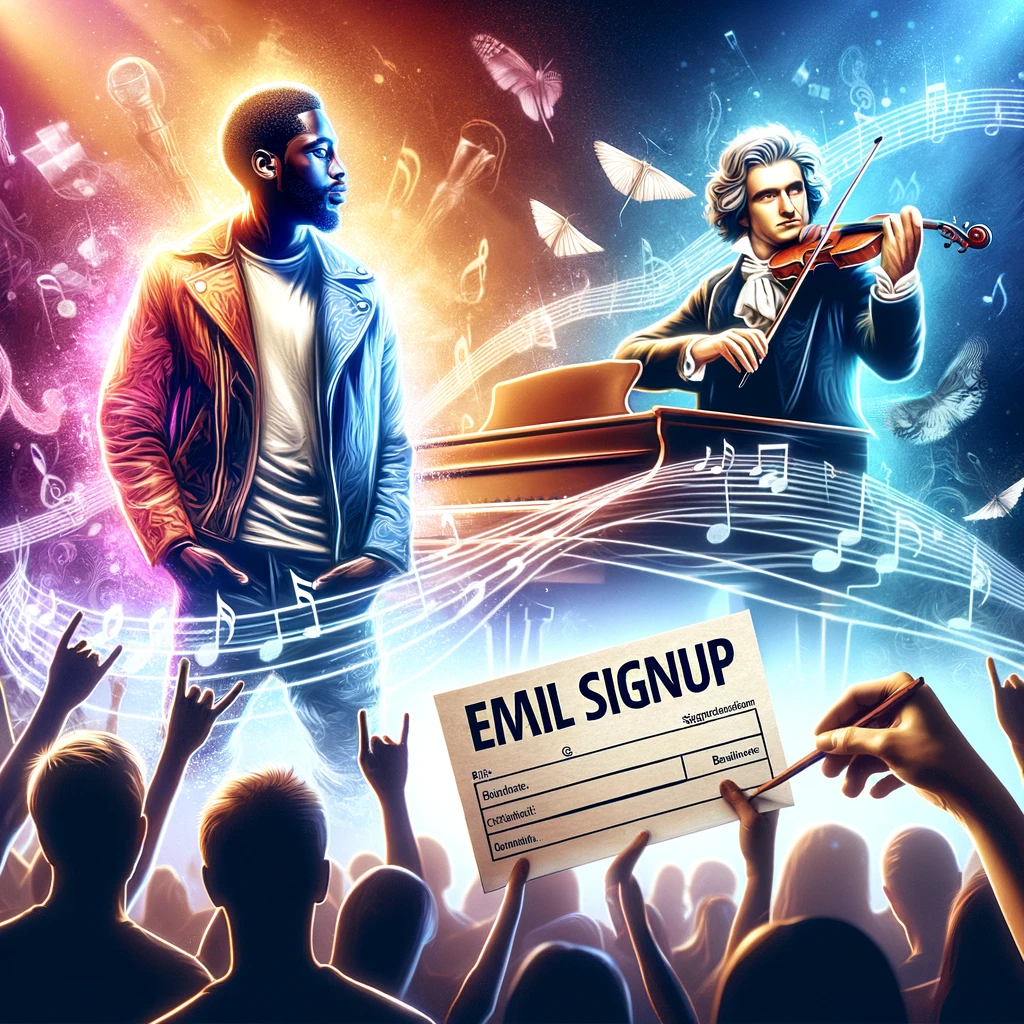
When engaging with your fanbase, email is superior to social media. Here's why:
- Ownership and Control
- Email: Your Platform, Your Rules
- With an email list, you control your communication without relying on social algorithms or platform changes. Social media limits your reach based on algorithms, making it less reliable.
- Direct and Personal Communication
- Email: Direct Line to Fans
- Email allows for personalized communication, addressing fans by name and tailoring messages to their interests. This builds a stronger, more personal connection. Social media is less personal and more public.
- Higher Engagement Rates
- Email: Higher Engagement
- Email marketing has 20-30% engagement rates, while social media often falls below 5%. Your emails are more likely to be seen and acted upon.
- Stability and Longevity
- Email: Timeless and Reliable
- Email is a stable platform regularly checked by most people, making it reliable for long-term engagement. Social media platforms can change in popularity, risking your connection with fans.
Building and Maintaining an Email List
- Capturing Emails
- To build an email list, offer something valuable in exchange for fans' email addresses. A lead magnet, such as our The 3 Secrets To Attract 1007+ Real Fans, Without a Record Deal, can entice fans to join your list.
- Keeping the Conversation Flowing
- Keep the conversation alive by sending engaging content like behind-the-scenes videos, personal stories, and exclusive updates. While using social media, identify the networks your fans are actively engaged in, create a presence, engage with the community, and share offers to direct them to your email list.
Integrating Email with Social Media

- Best of Both Worlds
- That said, don't write off social media just yet. It serves as an invaluable tool in your marketing toolbox. Remember to use it as a stepping stone to drive followers to your email list rather than as the final destination. The endgame is, and remains, email.
- Strategic Use of Social Media
- Use social media to share quick updates, engage in conversations, and promote your email list. Encourage your social media followers to subscribe for exclusive content and updates.
Whether you get a record deal or not, your most valuable asset is your email list and relationship with your fans. It's not subject to the whims of social media algorithms or platform policies. It's yours, fully controlled by you, and investing in it now will have exponential rewards in the future.
How Many Artists Get Signed Each Year?

In 2017, a study organized by the Recording Industry Association of America (RIAA) found that major labels had signed 658 artists. This figure is telling, especially considering the myth that only big record labels can make or break a music career. The belief that artists must have the backing of major labels to succeed needs to be updated. With the rise of platforms like Spotify and YouTube, independent artists are proving they can thrive without the need for a big corporation behind them.
How Can You Craft a Winning A&R Submission?
Submitting your music to A&R teams isn't just about showcasing your talent; it's about presenting a compelling narrative and strategic plan. Here's how you can do it effectively:
- Articulate Your Unique Sound
- Your submission should convey what sets your music apart from others. Ask yourself:
- What makes my music unique?
- Why does my sound resonate with listeners?
- Highlight the distinct elements that make your music stand out, whether it's your lyrical prowess, innovative production techniques, or unique genre blend.

- Demonstrate Fan Engagement
- Showcase your ability to build and maintain a loyal fan base. Consider:
- What makes your fans love you?
- How do you engage with your audience?
- Provide data on your fan engagement, such as social media interactions, email list size, and fan feedback. Demonstrate that you have a dedicated following that is passionate about your music.
- Identify Obstacles and Solutions
- Be transparent about the challenges you face:
- What's your biggest obstacle to success?
- Whether it's financial constraints, limited exposure, or access to professional resources, identify your hurdles and outline how a partnership with the A&R team can help overcome them.
- Justify Your Choice
- Explain why you're targeting a specific A&R team:
- Why is A&R team X your best bet instead of team Y?
- Research the team's track record, artist roster, and success stories. Tailor your submission to show that you've done your homework and that this team best fits your music and career goals.

Telling Your Story: Beyond Just You
Remember, an A&R submission is not a personal biography; it's a story about your music and its impact. Think like a journalist:
- Who are the key players in your story?
- What narrative are you trying to convey?
- Why should anyone care about your music? Use compelling language and data to craft an engaging and persuasive narrative. Imagine you're writing an article for a top music magazine; make it compelling enough to grab and hold your audience's attention.
Building a Studio with a Vision: Empowering Artists to Succeed
I've spent nearly two decades in the music industry, from radio host and sound engineer to music producer, observing talented artists struggle to attract audiences and get their music heard. The ability to create exceptional music is just one piece of the puzzle. With an effective marketing strategy in today's fiercely competitive landscape, the picture is complete.
Contrary to popular belief, the major record labels are just one of the games in town. The music landscape is evolving. Many artists are choosing the path less traveled, steering away from major labels and thriving on platforms like Spotify and YouTube. Independence allows these artists creative freedom, a direct connection with their audience, and the ability to carve their unique artistic identities without compromise.

Beyond Music: Building a Lasting Career
In a nutshell, the journey to a record label is more than just about creating great music. It's about connecting with your audience, marketing your music effectively, balancing your time and financial commitments, and, most importantly, believing in yourself and your talent.
Is It Hard to Get Signed to a Record Label?
Let's be honest; getting signed to a record label is difficult. It's more than just creating brilliant music and hoping for the best. The journey is complex and involves extensive work and high competition. But don't let that discourage you. It doesn't have to be a traditional record label. The music landscape has evolved, offering you more freedom and control over your career.
Marketing as Your Creative Megaphone
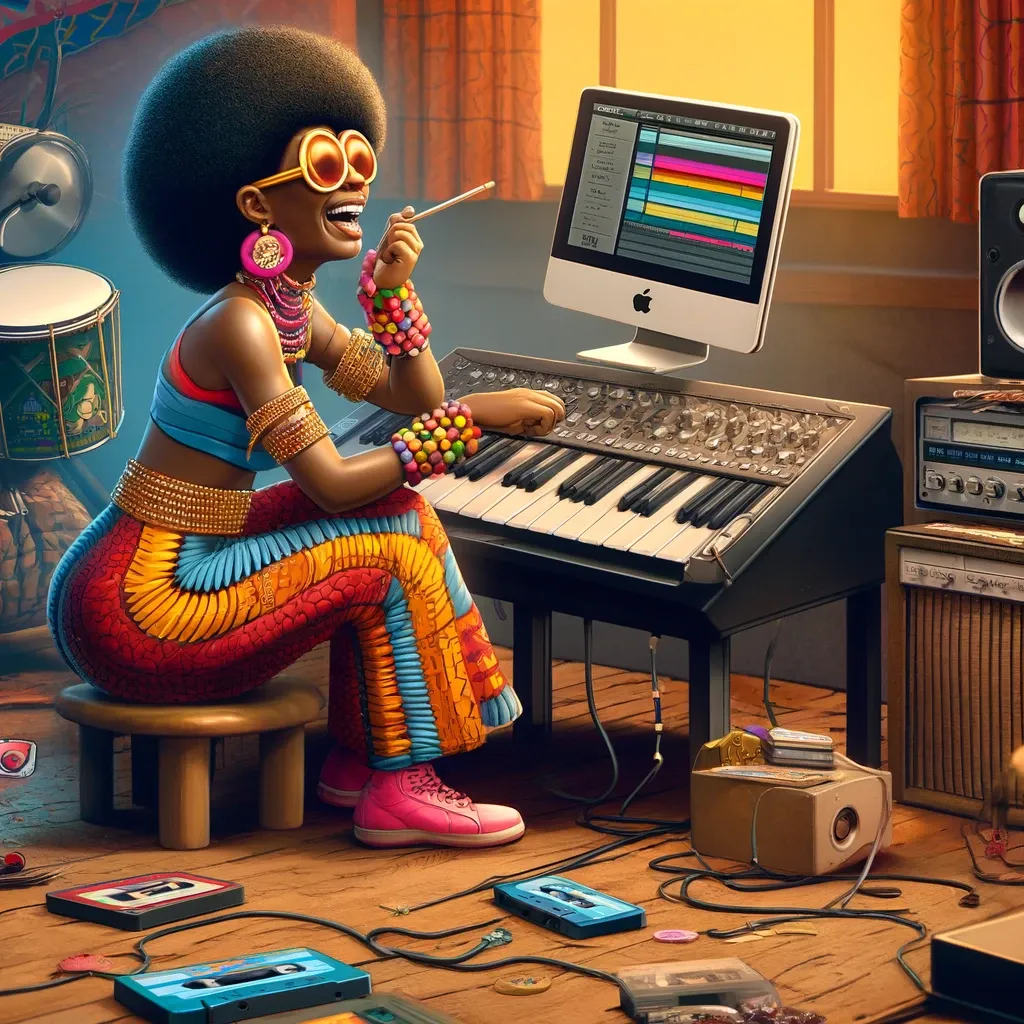
If you're worried about marketing, view it as an extension of your creativity. This megaphone broadcasts your message to a broader audience. It helps you grow beyond your immediate circle and build connections with more fans. Remember, success isn't tied solely to trends or social media algorithms. The real game-changer is a strategic approach.
The journey to a record label—or even thriving independently—is about more than just creating great music. It's about connecting with your audience, marketing your music effectively, and balancing your time and financial commitments. Most importantly, it's about believing in yourself and your talent, knowing that you can make your mark in the music industry with the right strategies and persistence.


